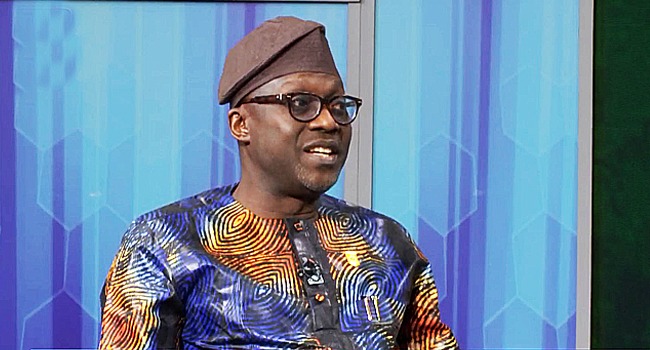The Manufacturers Association of Nigeria (MAN), has said the proposed 15 per cent increase in port-related charges by the Nigeria Ports Authority (NPA) will increase production costs and inflation in the country.
The NPA recently announced an upward review of 15 per cent for port charges, citing the need for competitiveness and infrastructural development.
However, Director-general of MAN, Segun Ajayi-Kadir said in a statement that the increment of port charges is untimely as businesses are currently battling a harsh economic climate.
He lamented that at a time when businesses are struggling with the rising cost of operations, high rate of foreign exchange, astronomical energy costs, and general economic uncertainties, imposing additional financial burdens on manufacturers through increased port tariffs will exacerbate the challenges faced by the real sector.
He also warned that the increased tariff would increase smuggling and reduce government port revenues.
Ajayi-Kadir stated that 80 per cent of Nigeria’s traded goods are transported by sea, and 70 per cent of total imports and exports in West and Central Africa are destined for Nigeria.
He, therefore, argued that the proposed increase in port charges would raise the cost of production and reduce the competitiveness of local manufacturers who depend on imported raw materials and industrial machinery.
“Ports are the gateway to international trade and play a crucial role in the efficiency and cost-effectiveness of business operations…For manufacturers, port-related charges constitute significant indirect costs, as most raw materials and industrial machinery are imported through these ports. Any increase in charges will have a ripple effect, leading to higher production costs, increased inflationary pressures, and reduced competitiveness of locally manufactured goods,” he stated.
The director-general further pointed out that many manufacturers who operate as tenants in NPA facilities will also face escalated costs, which could significantly disrupt the slight moderation in the mounting challenges that has bedevilled the manufacturing sector in recent times.
He said the association acknowledges the need for revenue generation by the NPA, but increasing port tariffs could be counterproductive in the long run.
Ajayi-Kadir identified the major issues affecting port revenue in Nigeria to include port congestion and inefficiency, high demurrage charges, infrastructure investment, and competitive pricing strategies.
MAN implored the NPA to shelve the proposed tariff increase and proposed a stakeholder dialogue to explore strategies for enhancing port efficiency, reducing operational bottlenecks, and creating a more business-friendly environment that will ultimately lead to increased revenue without undermining industrial growth and competitiveness.
The association argued that the NPA’s proposed consultation with stakeholders after it had already decided to increase tariffs does not demonstrate goodwill.
It stressed that manufacturers would face a monumental downturn if the planned tariff increase were not rescinded.
MAN further noted that the NPA’s planned tariff increase does not align with the present administration’s efforts at making Nigeria a trading hub in the West African sub-region.









